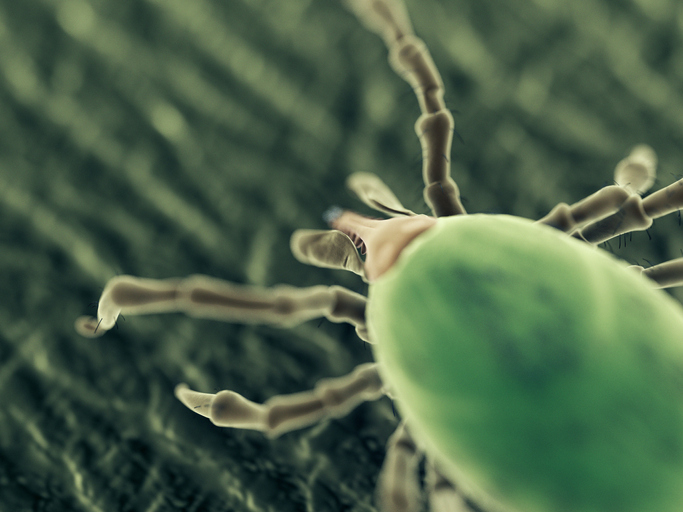It’s Tick Season. Be Proactive About Heartland Virus

By Joy Stephenson-Laws, J.D., Founder
We are approaching peak tick season (May through August). You most likely already know that lyme disease comes from a tick bite, but you may not know that ticks are also associated with a potentially deadly virus.
I came across some recent reports about the Heartland virus. Apparently, this virus was discovered back in 2009 when two men in northwest Missouri had to be hospitalized after experiencing symptoms such as fever, diarrhea and muscle pains. The Heartland virus has been connected to a specific type of tick called the lone star tick. Recently, research provided by Emory University showed that lone star ticks in Georgia had the Heartland virus.
According to the Centers for Disease Control and Prevention (CDC), as of January 2021 Heartland virus disease cases have been found in residents in the following states (along with Georgia): Arkansas, Illinois, Indiana, Iowa, Kansas, Kentucky, Missouri, North Carolina, Oklahoma and Tennessee.
“Not much is yet known about the Heartland virus, which when transmitted to a person by a tick bite can cause fever, fatigue, decreased appetite, headache, nausea, diarrhea, and muscle or joint pain,” according to one report.

We still do not know if other species of ticks can transmit the Heartland virus or if people can become infected from methods other than tick bites. As with most viruses, people who are older and/or have preexisting conditions are at a higher risk of severe illness from contracting the Heartland virus. The good news is that this virus is pretty rare. There have been about 50 cases reported as of January 2021. It is, however, important to acknowledge that many cases may go undiagnosed. As we have seen with COVID-19, it is also possible for people to contract the Heartland virus and not experience any symptoms.
And, tragically, back in 2016, a 68-year-old man who was a landscaper in Tennessee died of the Heartland virus. The virus was so aggressive that it was found in nearly every tissue of his body. The virus was found in his liver, pancreas, heart, lungs, bowels, kidneys, testes, skin, muscles and brain, reports Live Science.
“Some people infected with the virus have been diagnosed with lower than normal white blood cell counts and lower than normal counts of platelets, which aid in blood clotting. Liver function tests can show increased levels of liver enzymes, which can indicate illness,” according to this report.
Protect & PreventThere are currently no vaccines for this virus, and there are no medications to treat it. This is why being proactive is key. Again, it is a rare virus, but it’s always best to be proactive. The best way you can do this is by protecting yourself against tick bites as much as possible. I know I have to be proactive, because I love spending time outdoors with my dogs, playing golf and gardening.
For tips on how to help prevent tick bites, check out these pH Labs blogs and these helpful tips from the CDC. It is also good to know how to safely remove a tick from your body or pet. If you know that you have been bitten or are experiencing symptoms, seek medical attention as soon as possible.
Key takeaway…
Your overall health is your greatest defense. Sadly, so many Americans who died of COVID complications had preventable diseases such as obesity and heart disease. We want to be our healthiest selves so that in the event that we contract any infectious disease, our bodies are capable of effectively fighting the pathogen.
If you are a regular reader of pH Labs blogs, you know what to do:
- Maintain a healthy weight (more importantly body composition)
- Get a sufficient amount of good quality sleep
- Eat a mainly plant-based, nutrient-rich diet
- Drink plenty of water
- Workout regularly
- Manage stress
- Take routine nutrient tests
For a clear guide on how to be as healthy as possible, check out these six “doctors” and how they can help you maintain great health so that no virus can get you down!
Enjoy your healthy life!
The pH professional health care team includes recognized experts from a variety of health care and related disciplines, including physicians, attorneys, nutritionists, nurses, and certified fitness instructors. This team also includes the members of the pH Medical Advisory Board, which constantly monitors all pH programs, products, and services. To learn more about the pH Medical Advisory Board, click here.







